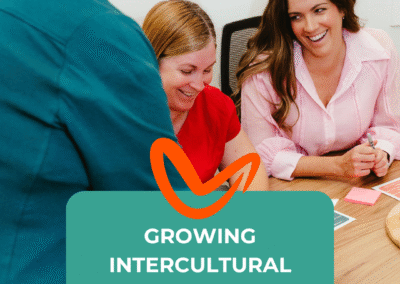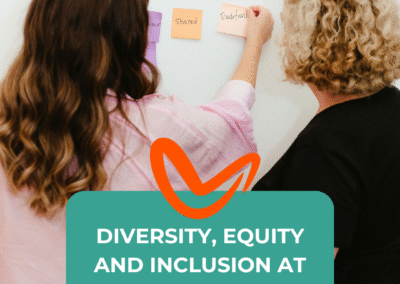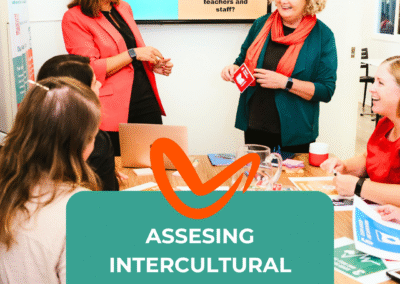
Tertiary Education
Our programs for tertiary education support university students in Australia, particularly international students by strengthening their intercultural competence and global readiness.

We deliver practical, interactive workshops that help students build the skills to communicate effectively across cultures, work in diverse teams, and adapt to new environments. These are essential capabilities that not only enhance the student experience but also boost employability in an increasingly global job market.
Whether part of orientation, student development, or career readiness initiatives, our sessions are engaging, relevant, and tailored to the unique challenges and opportunities faced by students in higher education.
We also offer pre-departure programs for students preparing to study overseas, giving them the tools to navigate cultural differences with confidence and awareness.
Explore our programs to empower your students with the intercultural skills they need on campus and beyond.
Trusted by clients and partners who share our values and vision
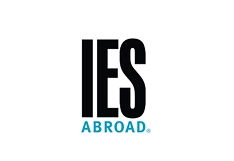





Watch this video to hear how our school programs are making a real difference.
